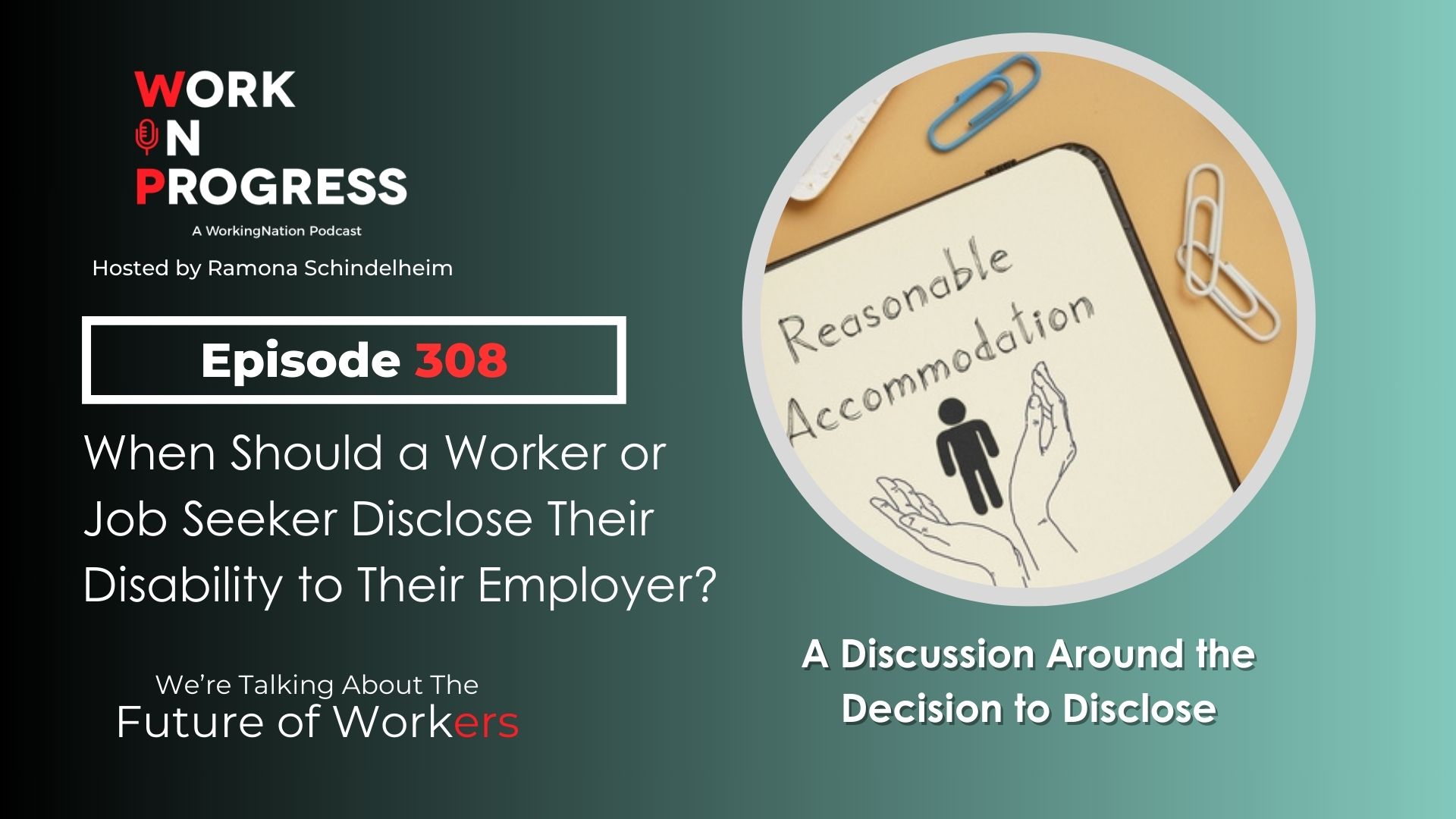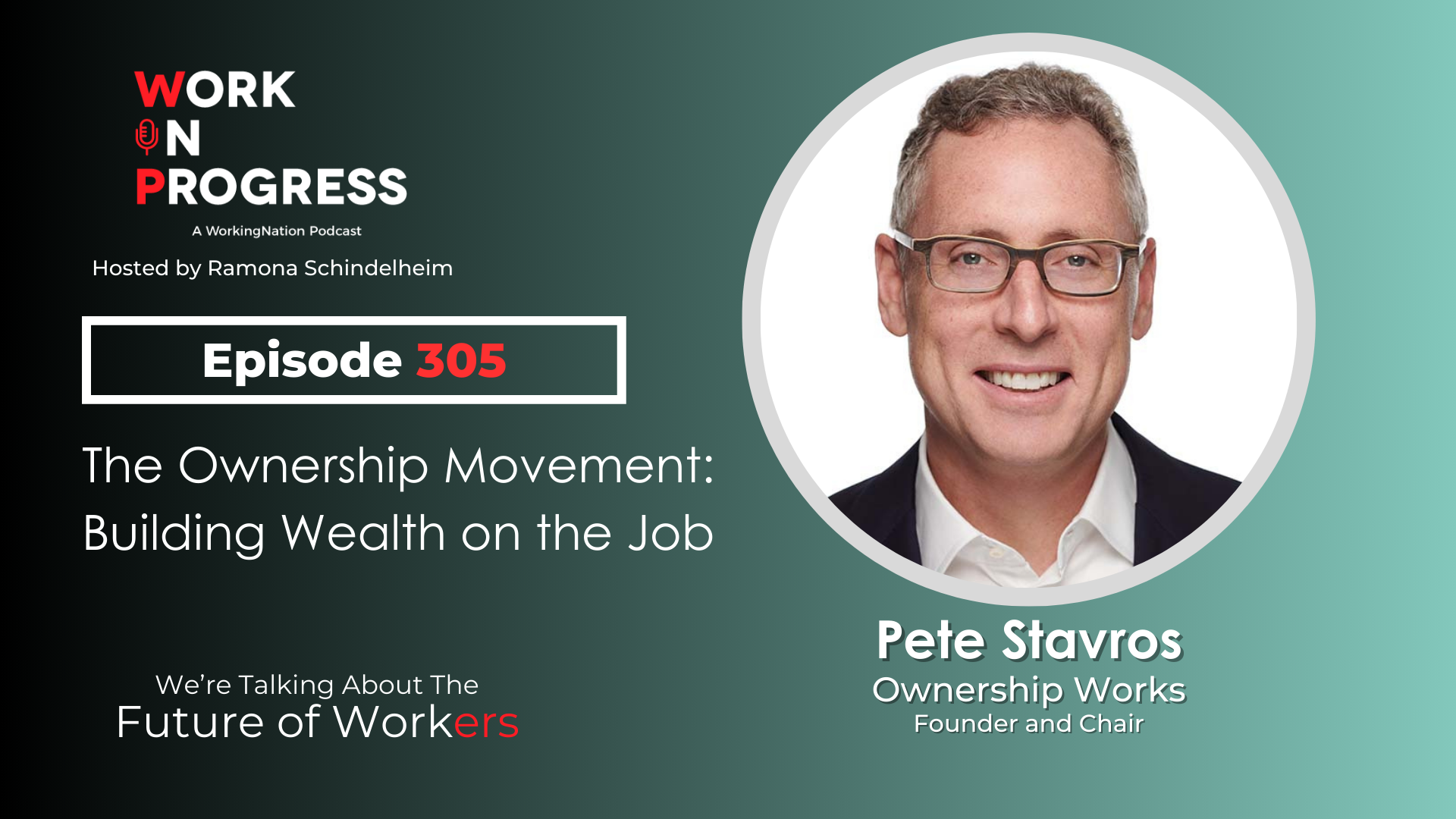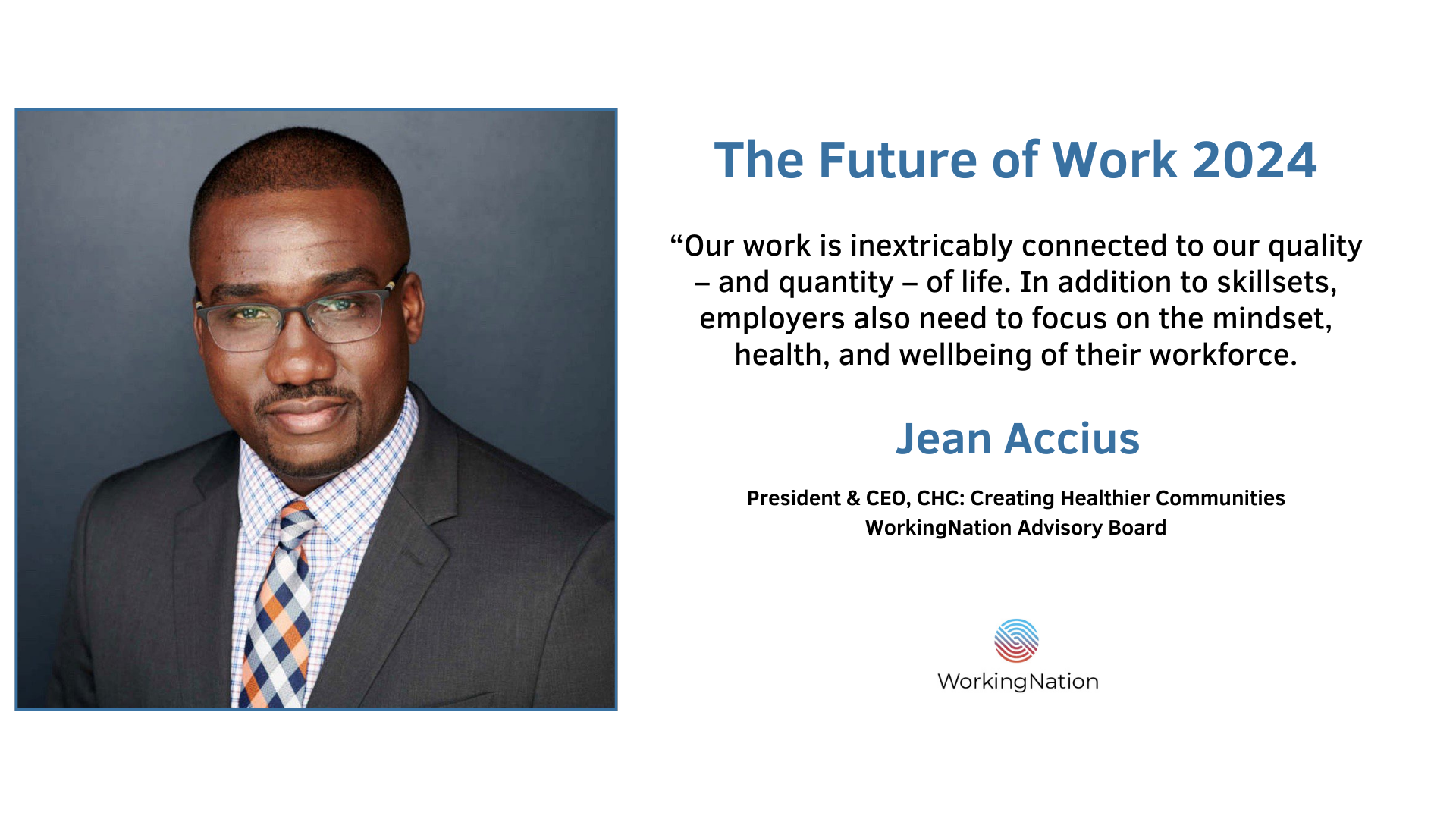WorkingNation welcomes Mick Kubiak, a licensed Marriage and Family Therapist as our featured writer for September. Kubiak specializes in parent counseling and life coaching. She is a mother, meditation teacher and lives in Los Angeles. This is the first article in the series.
This week, Kubiak discusses the shame people feel when they are let go from their employers. A general sense of loss and confusion accompanies this stressful time. Kubiak presents strategies on how to cope with this feeling.

Rather than being kind to ourselves when we experience a loss, many of us beat ourselves up instead.
Getting fired or laid off is generally no exception, regardless of the reason we’ve been let go—indeed, we can somehow dismiss macro factors like global economic trends, the automation of the workforce, and corporate downsizing. Instead, we convince ourselves that we are somehow the one to blame. Often, our emotional state confirms this feeling, because we feel awful as if we’ve been punched in the gut.
Feeling shame when we have legitimately done something outside the ethical guidelines that comprise the social contract makes sense, especially if we’ve hurt someone or damaged our reputation. When this is the case, healthy shame serves as a messenger asking us to make amends for our mistake.
But even then, shame should never be tolerated as a permanent resident in our psyches.
It is a temporary feeling that encourages us to learn and to make the effort to repair and account for our mistake or wrongdoing. Once we’ve done that, we must let the feeling of shame go, because it has served its purpose.
What do we do when the shame is there, but we haven’t done anything wrong?
Feeling shame when we haven’t done anything wrong, in conjunction with something bad happening to us, is very destructive. It is essential to our well-being that we find a way to move it out the door as quickly as possible.
Sometimes just taking the time to clarify for yourself that your feelings of shame are unfounded with regard to the current situation does the trick. You can choose to realize that this kind of shame is toxic.
It is the kind of shame that serves no real purpose, except to further damage people who have already been injured by a force outside their control—someone who feels shame for being sexually assaulted; someone who feels shame for going through a divorce they don’t want and didn’t initiate; and you, the person who has lost their job for reasons beyond your control.
Really take the time to get clear on this. Sit yourself down and make the conscious choice not to add insult to injury.
This is what the psychologist Carl Jung would call “making the darkness conscious.” Acknowledge that your feelings of shame are not based on reality. Again, if there’s something you need to do to make amends, do it; if there’s nothing for you to do in that vein, let yourself off the hook once and for all.
Don’t agree to harbor a destructive force like shame in your psyche.
The story of toxic shame is usually some variation of “I am fundamentally bad” or “There is something wrong with me.” You may find yourself believing that if you were good enough, your employer wouldn’t have let you go. Not making money seems like great evidence that there is something intrinsically wrong with you.
Being unemployed feels like a confirmation of these kinds of thoughts, which are simply not true. They are not true about you because they are not true about anyone.
Despite this, these mistaken beliefs, sit just below the surface, unexamined and they leak their toxic energy all over the place. For many of us, they have been there for years but we’ve just gotten so used to them that we don’t even notice them anymore. They are like physical injuries that don’t hurt unless they get bumped, at which point we feel them intensely.
One of the good things about events that bring up our toxic shame is that they let us know in no uncertain terms that we are harboring ideas that are harmful to us. All you have to do is notice how the feeling of shame literally makes you feel sick.
Once we get the message, we have a shot at exposing these dark thoughts to the light of our conscious minds and dissolving them once and for all. If they do not dissolve once and for all, that’s okay, too, because now that you’ve understood that they are not true, you don’t have to take them seriously anymore, and they will not have the same kind of power over you.
Once you are conscious of these thoughts, you begin to have a choice as to whether you agree to believe them or not.
For some, just being conscious is the beginning of the end of this kind of toxic shame. Many will need more support in releasing the thoughts and feelings.
If you are unable to move past it on your own, see a therapist or a counselor of some kind to assist you. You may be carrying shame from the past into the present, and a good therapist may be able to help you.
It’s important to recognize that shame is a feeling and feelings are impermanent. They come and go like clouds in the sky. They may feel heavy and dark and solid, but if you take the time to sit and observe them as they rise and fall, you will feel them changing.
Often, it takes an effort to hold onto them. We keep feelings hanging around longer than they naturally would when we tell ourselves stories that keep them alive.
Once you see that those stories are not as solid as you thought they were, your emotions will change accordingly.
Coming Next Week: Does work define your purpose in life? Mick tells you how to disentangle work from purpose to find your true self.
Connect with Mick: Via email or by setting an appointment through 310-593-4216. Download the Evenflow app for Mick’s meditation training.











